What is a Centralized Exchange (CEX)?
Last updated
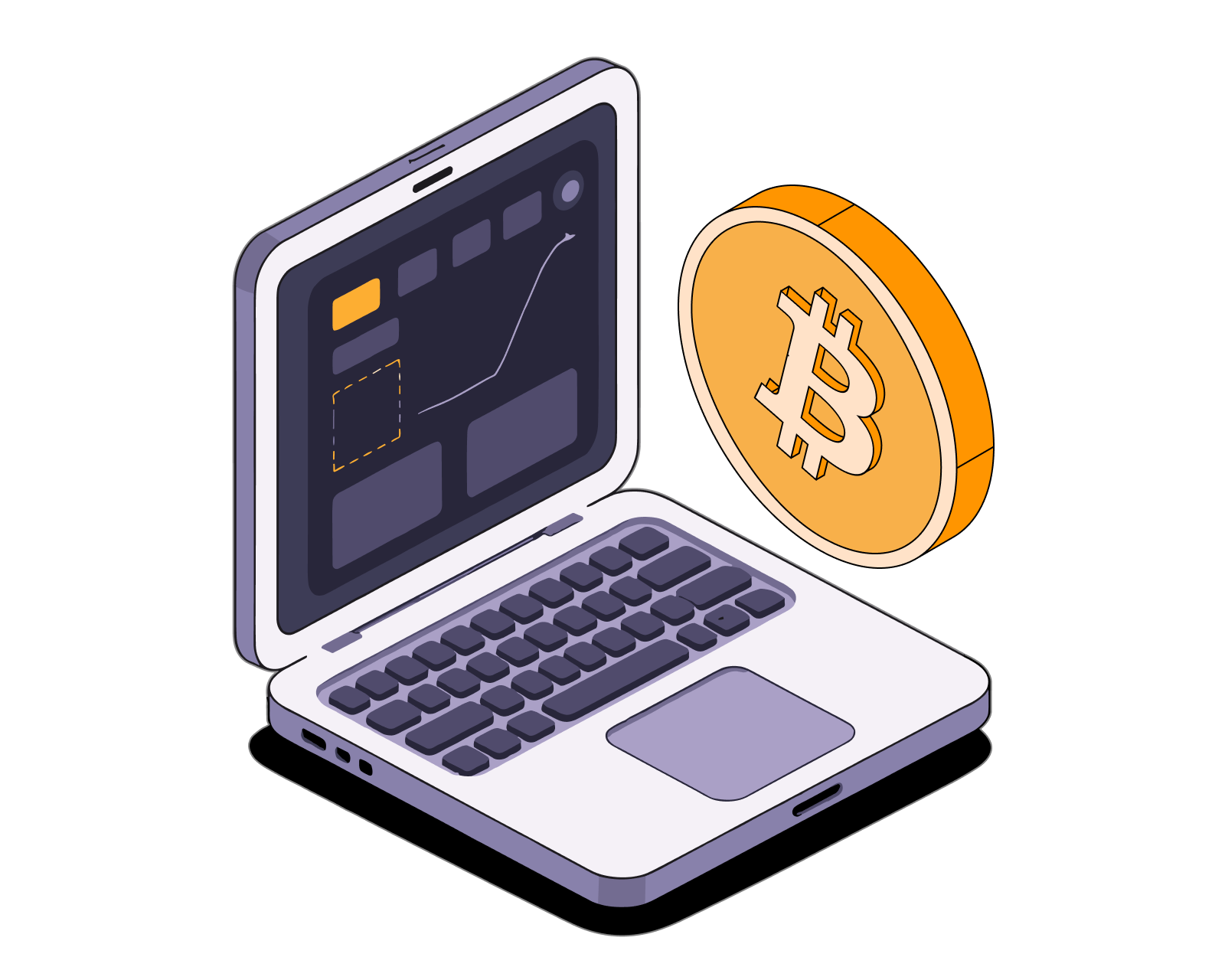
What is a CEX?
In crypto, a centralized exchange (CEX) allows people connected to the internet to buy, sell, and swap cryptoassets. It is owned and operated by a private company, which means it is subject to the laws and regulations of every jurisdiction it operates in. A CEX requires users to sign up and open an account to participate, and a majority of CEXs demand Know-your-Customer/Anti-Money Laundering (KYC/AML) ID verification to trade.
The CEX matches buyers and sellers by collecting their orders in an “order book." The exchange acts as a trusted intermediary between the buyers and sellers. Users rely on the exchange for the entire transaction process, trusting that the exchange won’t use their privileged place of knowledge to its advantage. The exchange also acts as a custodian for any cash or crypto held in user accounts, hopefully providing a safe place for users to store their funds. This has unfortunately not been true for many exchanges in the past
What’s the difference between a CEX and a DEX?
CEXs and DEXs are both platforms that help buyers and sellers trade. While a CEX is operated by a single entity, a DEX is run permissionlessly through smart contracts on a blockchain. An entity or project may help set up and maintain a DEX, but it can run itself as long as people provide liquidity. Unlike CEXs, to use a DEX only requires a crypto wallet and some cryptoassets. Due to its decentralized nature, there's no registration or account required.
CEXs can offer customer support and a more user-friendly experience; however, they are susceptible to attack, take higher transaction fees from users, their solvency is opaque which leads to the last and most important weakness, they require users to relinquish custody of their funds. The last point proved to be disastrous for many people who put their trust in CEXs which went insolvent in 2022.
In contrast, DEXs offer custody of funds, data protection and privacy, and lower barriers to entry, but can currently be more complex to use and lack fiat on and off ramps.
Should I use CEXs?
The short answer is that it’s acceptable to use CEXs but with several precautions:
- Never keep a significant percentage of your cryptoassets on centralized exchanges. If you lose everything on a CEX, it shouldn’t compromise you financially.
- Only keep your cryptoassets on CEXs for short periods of time. Your mid to long term holdings should be kept in your custody using tools like the self-custodial Bitcoin.com Wallet app.
- If possible, use viable decentralized alternatives.
Whenever you can, a DEX is recommended. DEXs offer self-custody of funds, transparency of DEX solvency, data protection, lower barriers to entry, as well as opportunities to earn yield off of your existing assets via pools and in some cases farms.
Related guides
Start from here →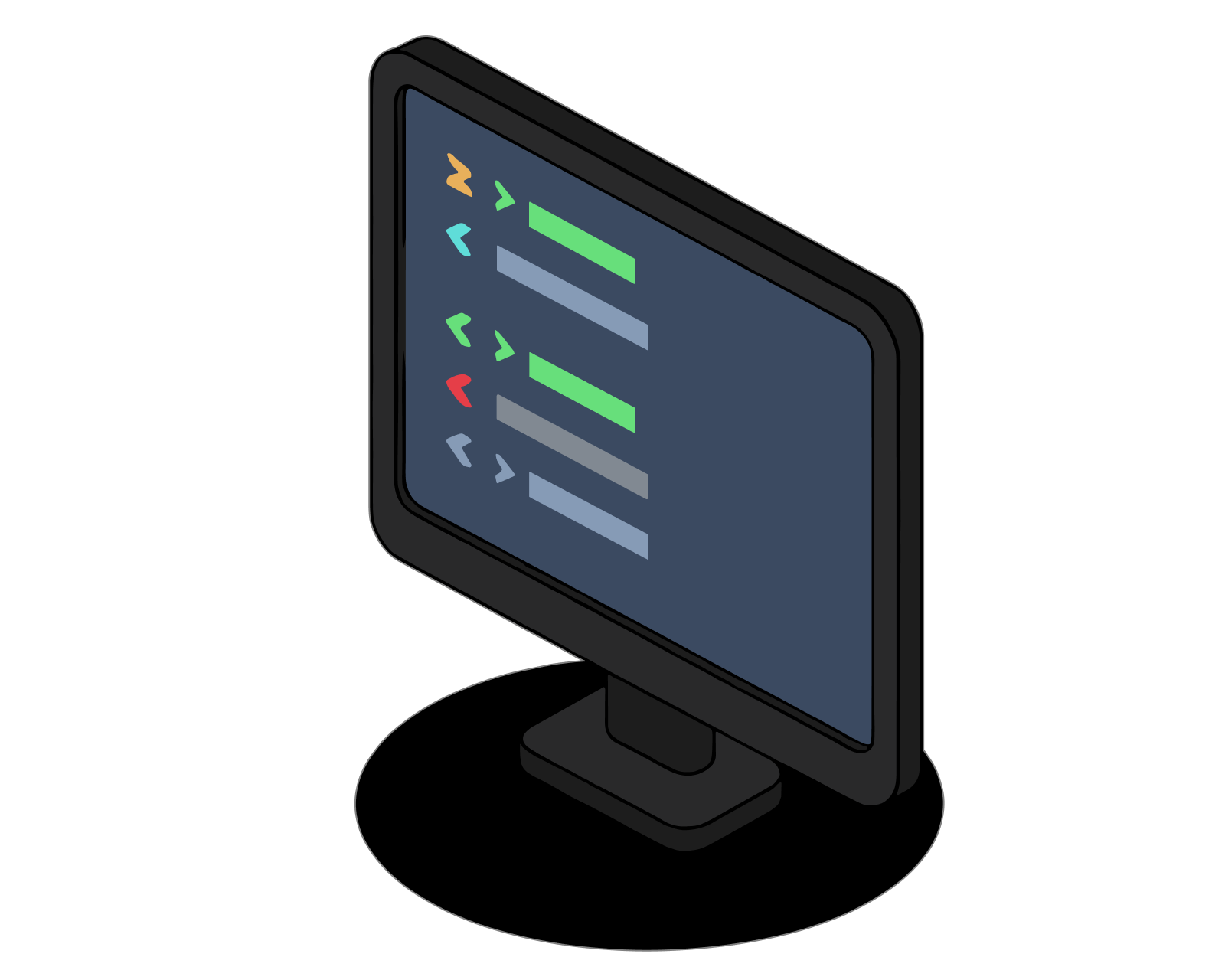
What is a Decentralized Exchange (DEX)?
A decentralized exchange (DEX) is a type of exchange that specializes in peer-to-peer transactions of cryptocurrencies and digital assets. Unlike centralized exchanges (CEXs), DEXs do not require a trusted third party, or intermediary, to facilitate the exchange of cryptoassets.

What is a Decentralized Exchange (DEX)?
A decentralized exchange (DEX) is a type of exchange that specializes in peer-to-peer transactions of cryptocurrencies and digital assets. Unlike centralized exchanges (CEXs), DEXs do not require a trusted third party, or intermediary, to facilitate the exchange of cryptoassets.

What is Verse DEX?
Learn about Bitcoin.com’s official decentralized exchange and how to use it to trade and to earn.

What is Verse DEX?
Learn about Bitcoin.com’s official decentralized exchange and how to use it to trade and to earn.
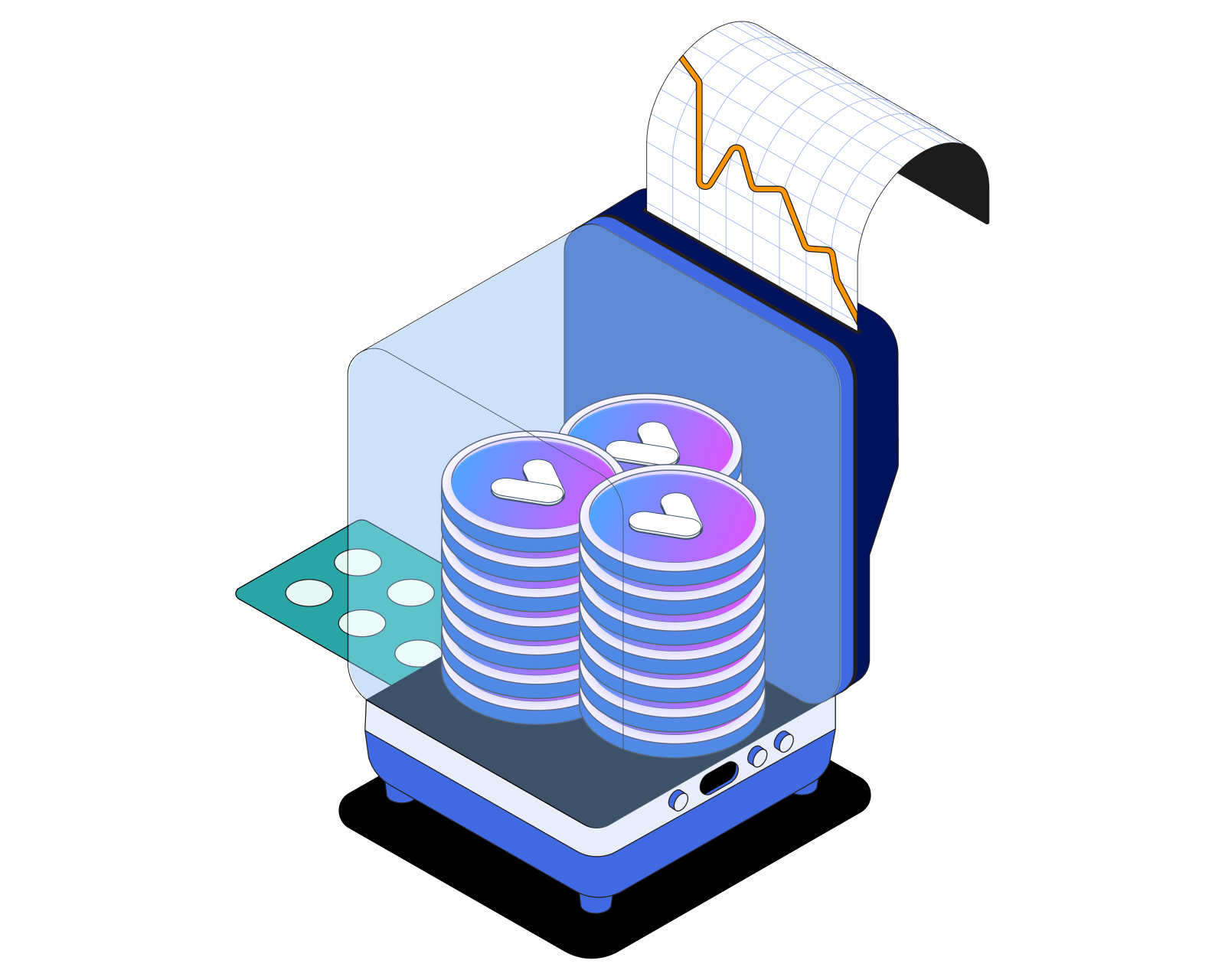
What are liquidity pools?
A liquidity pool is a collection of cryptoassets that help facilitate more efficient financial transactions such as swapping, lending, and earning yield.

What are liquidity pools?
A liquidity pool is a collection of cryptoassets that help facilitate more efficient financial transactions such as swapping, lending, and earning yield.
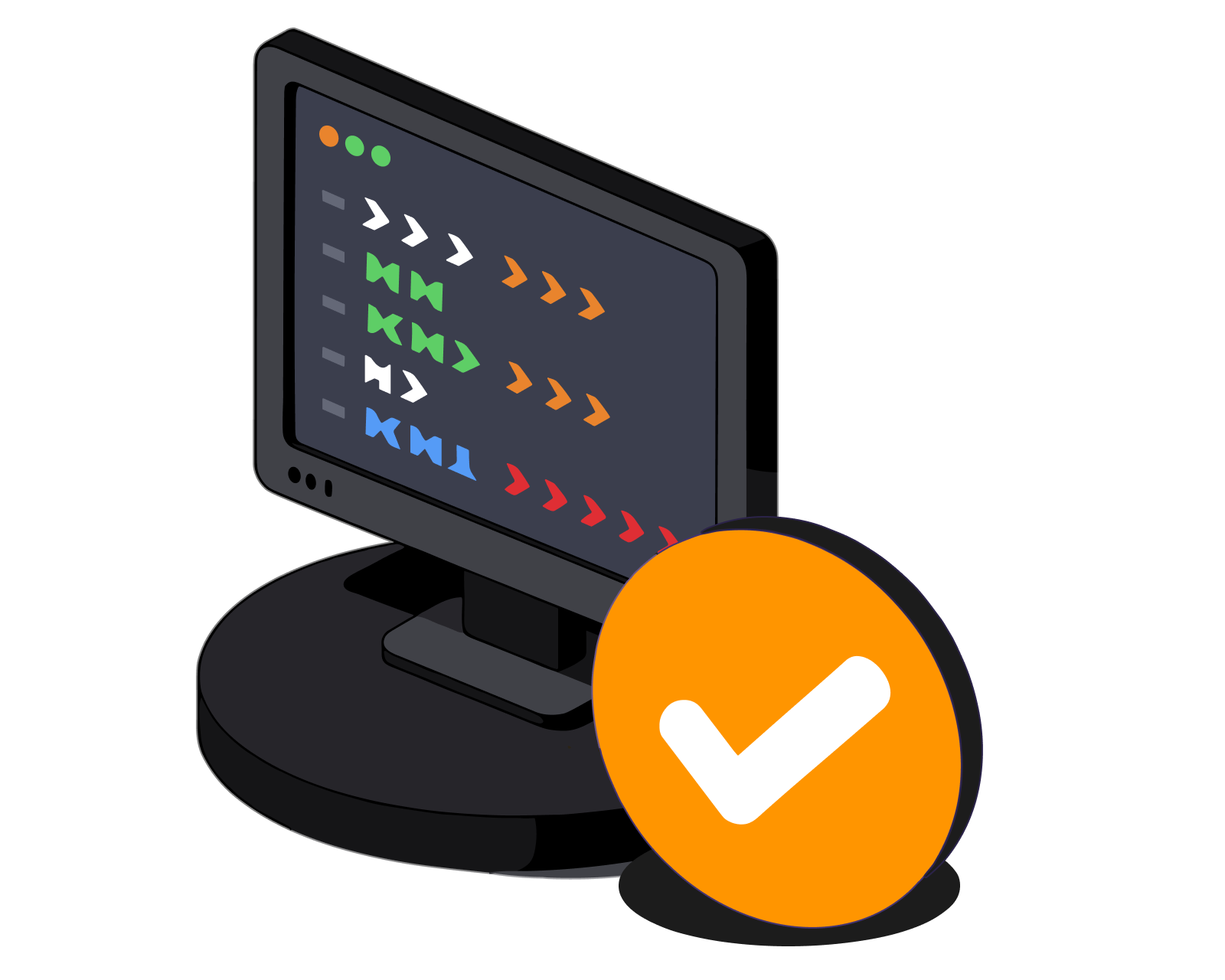
How to provide liquidity on a DEX
Learn about the importance of providing liquidity, and start earning rewards while supporting decentralized finance.

How to provide liquidity on a DEX
Learn about the importance of providing liquidity, and start earning rewards while supporting decentralized finance.
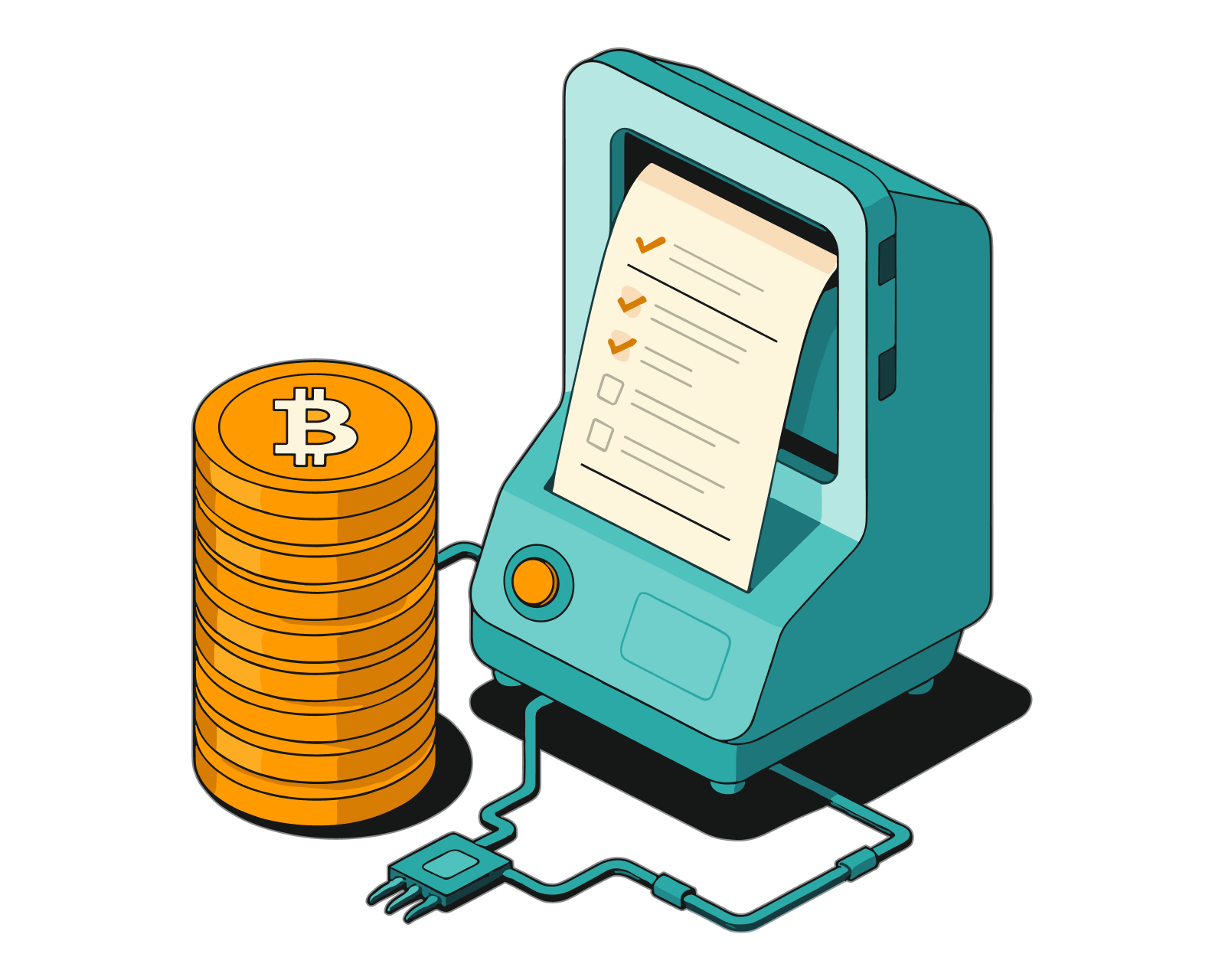
What is yield farming?
Learn what yield farming is, how it works, different types, and more.

What is yield farming?
Learn what yield farming is, how it works, different types, and more.
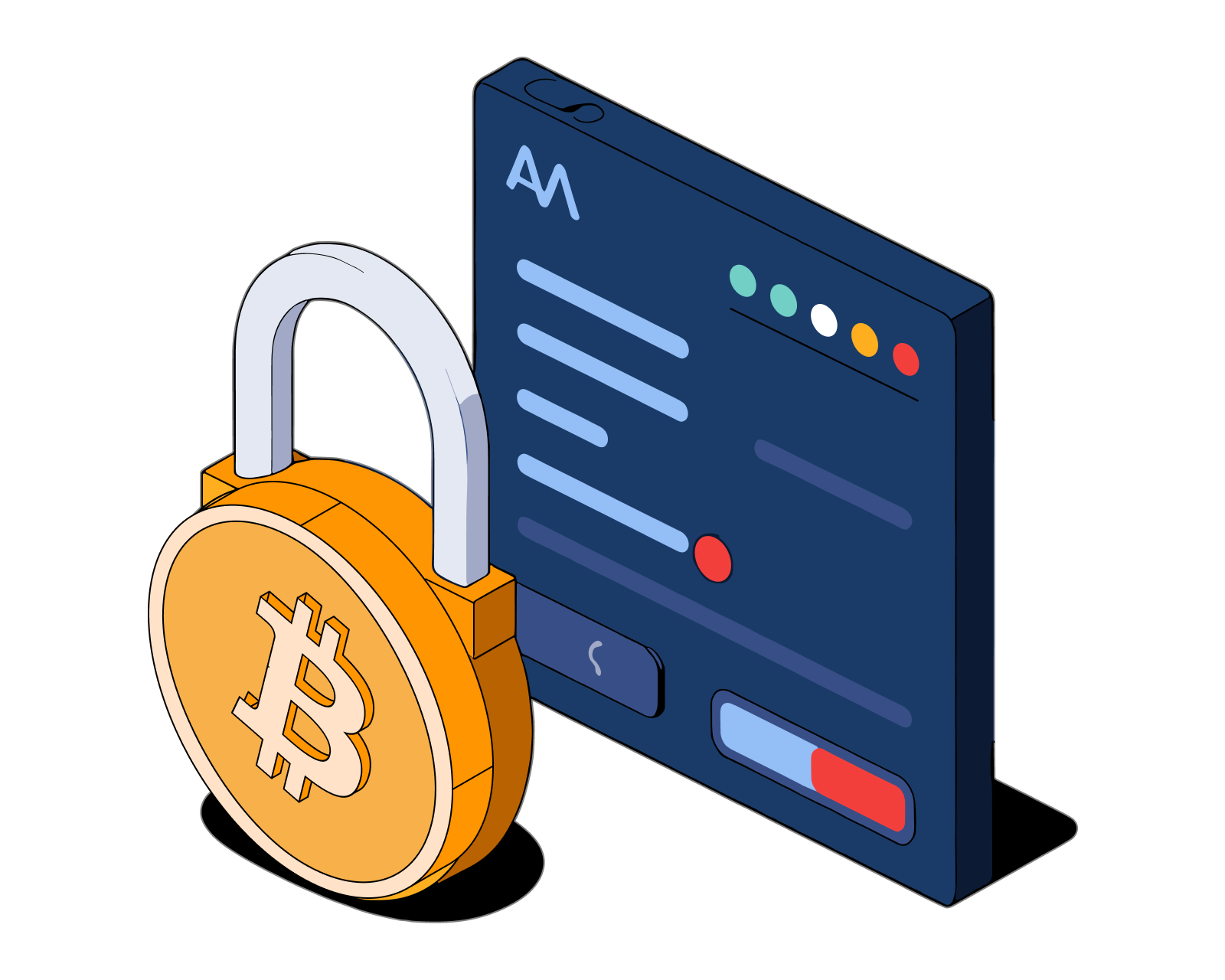
How to yield farm in DeFi
Learn about DeFi farming and get step-by-step instructions to earn rewards by depositing LP tokens

How to yield farm in DeFi
Learn about DeFi farming and get step-by-step instructions to earn rewards by depositing LP tokens

What is Verse?
Learn about Bitcoin.com’s official token, ways to earn it, and how to use it in the Bitcoin.com ecosystem and beyond.

What is Verse?
Learn about Bitcoin.com’s official token, ways to earn it, and how to use it in the Bitcoin.com ecosystem and beyond.

DeFi use cases
Decentralized Finance (DeFi) is bringing access to financial products to everyone. In this article we examine some prominent use cases.

DeFi use cases
Decentralized Finance (DeFi) is bringing access to financial products to everyone. In this article we examine some prominent use cases.
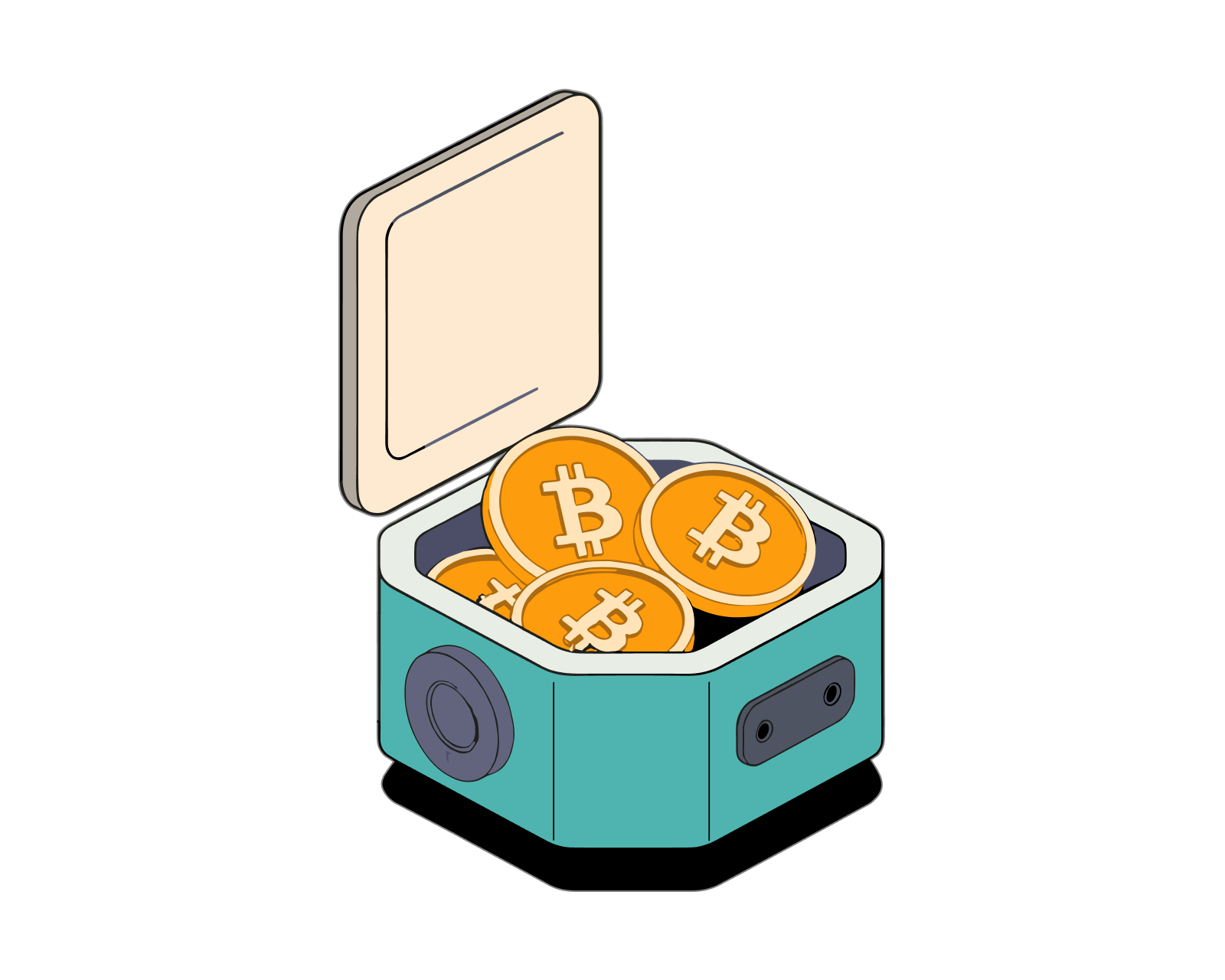
What is crypto lending?
Lending is a foundational activity in any financial system. Learn more about it.

What is crypto lending?
Lending is a foundational activity in any financial system. Learn more about it.
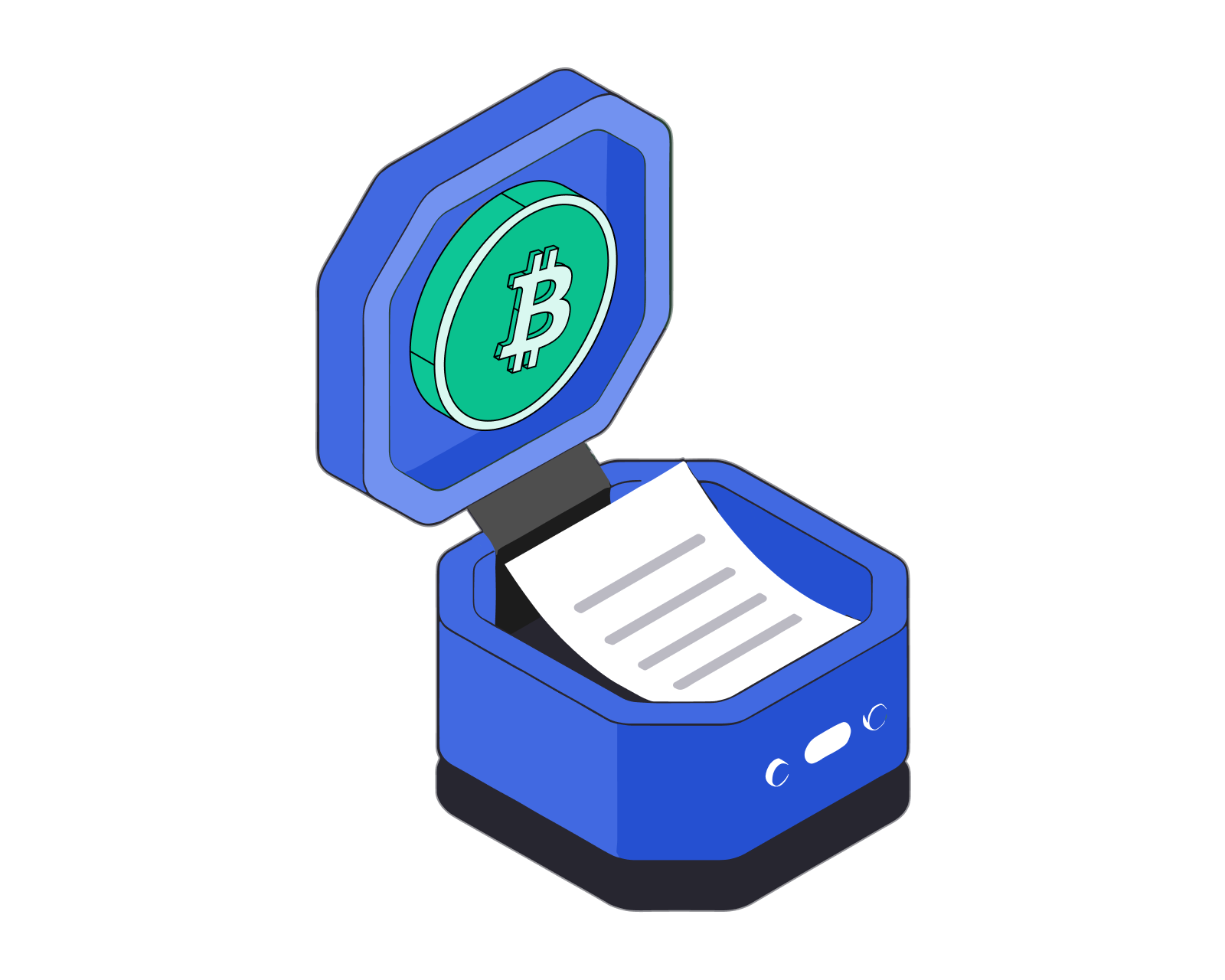
What are crypto derivatives?
Derivatives like perpetual futures and options are widely used in crypto. Learn all about them.

What are crypto derivatives?
Derivatives like perpetual futures and options are widely used in crypto. Learn all about them.
STAY AHEAD IN CRYPTO
Stay ahead in crypto with our weekly newsletter delivering the insights that matter most
Weekly crypto news, curated for you
Actionable insights and educational tips
Updates on products fueling economic freedom
No spam. Unsubscribe anytime.
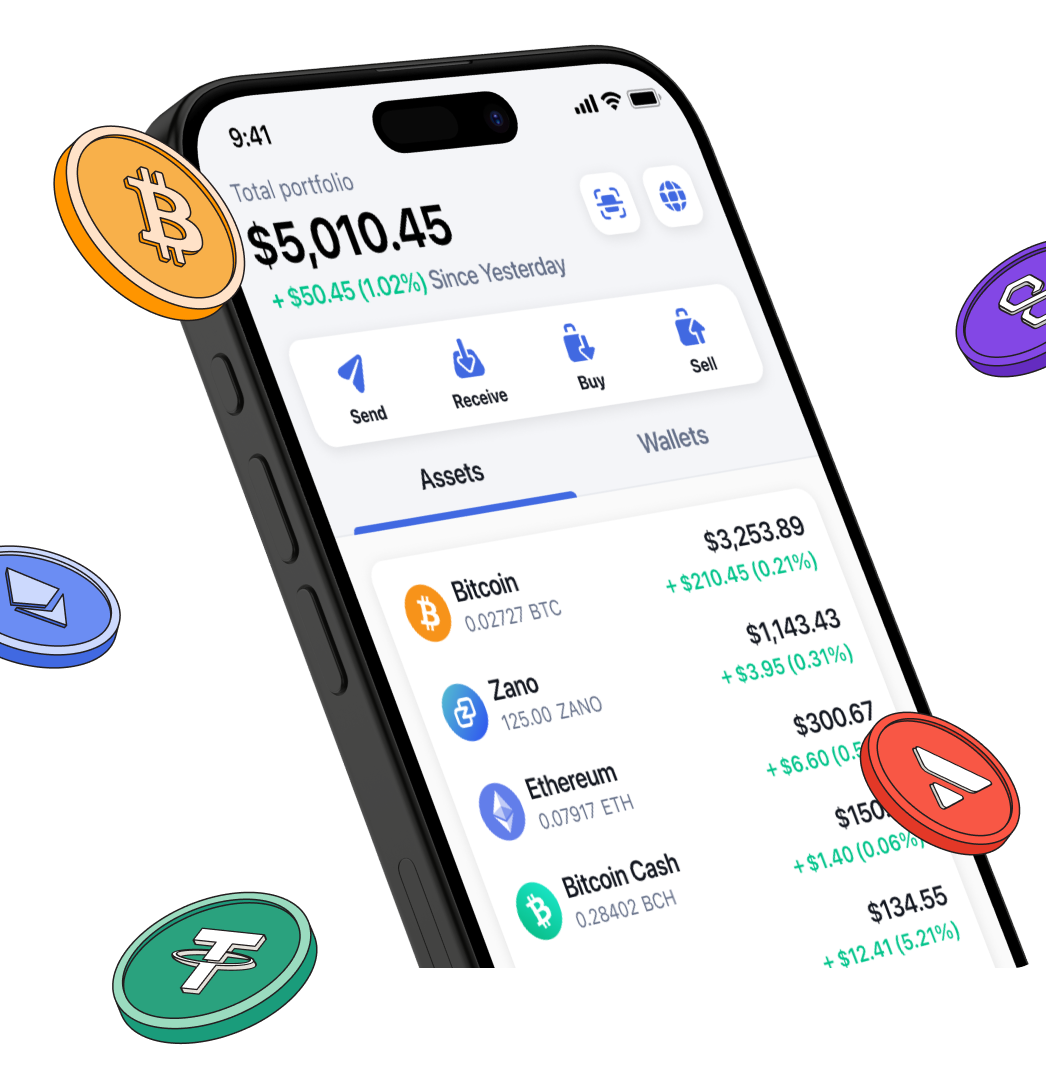
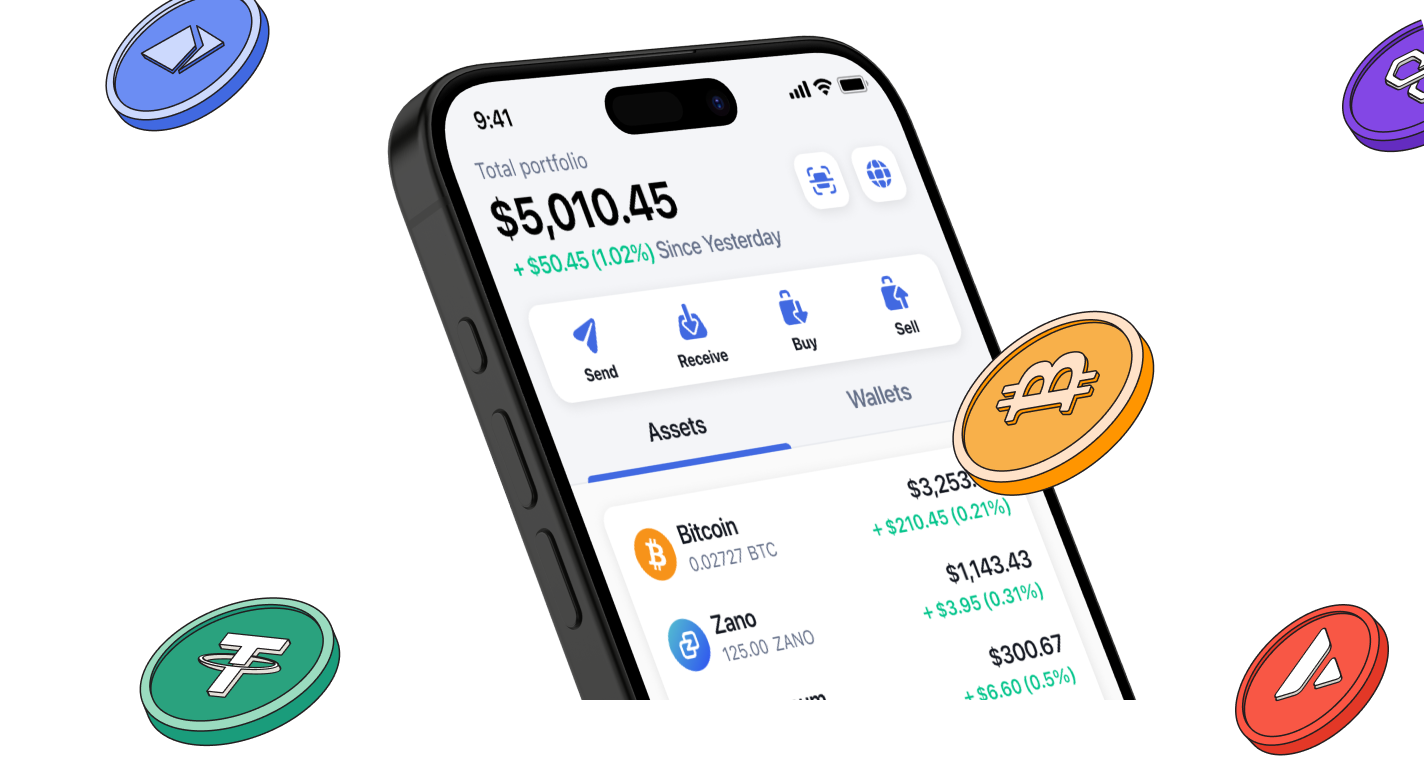
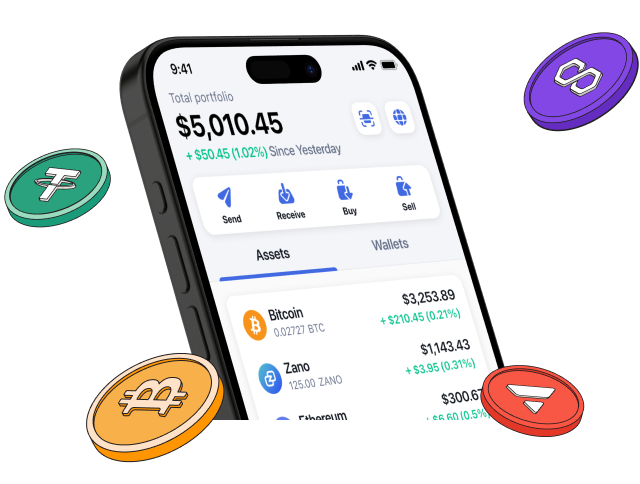
Start investing safely with the Bitcoin.com Wallet
Over wallets created so far
Everything you need to buy, sell, trade, and invest your Bitcoin and cryptocurrency securely

© 2026 Saint Bitts LLC Bitcoin.com. All rights reserved




